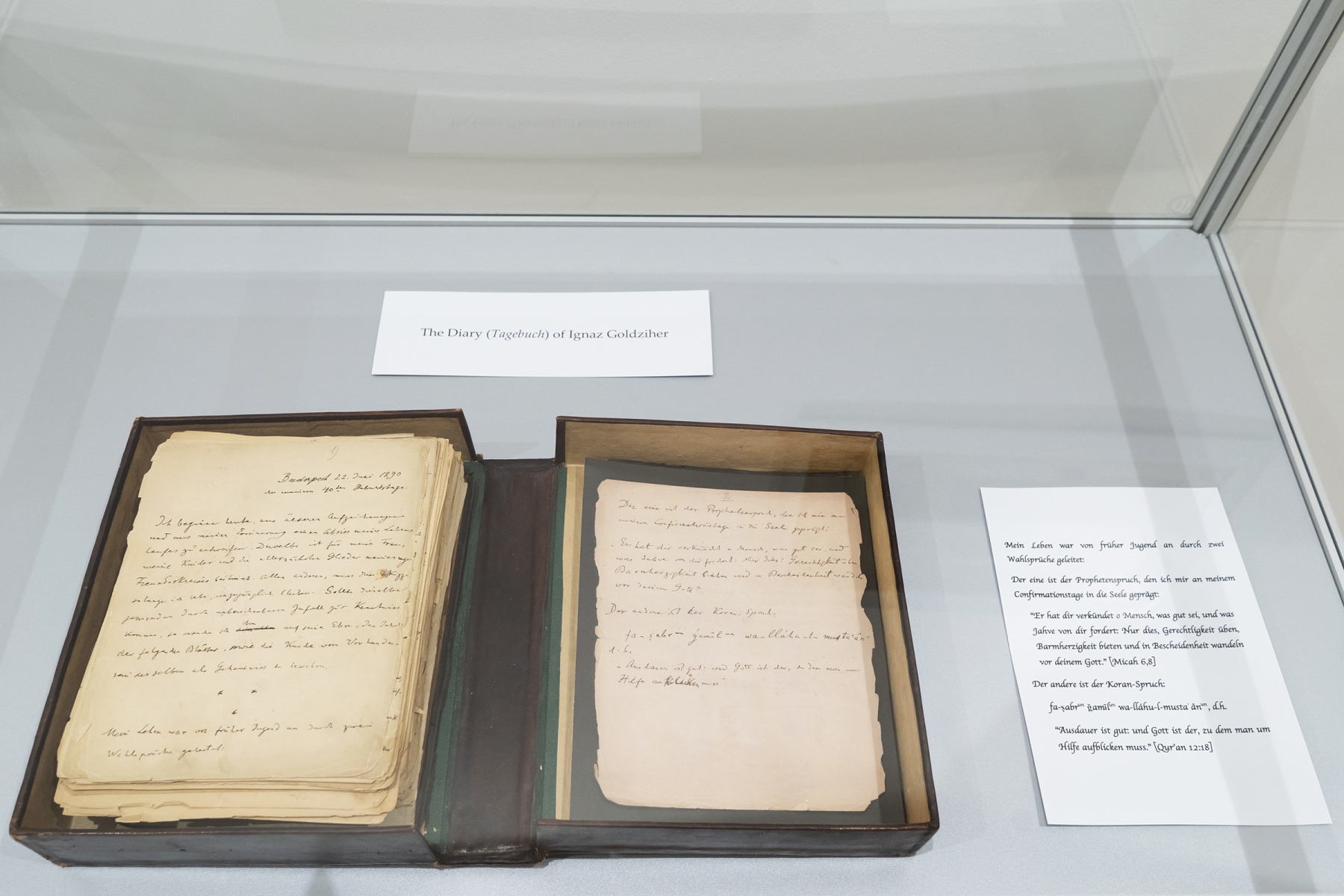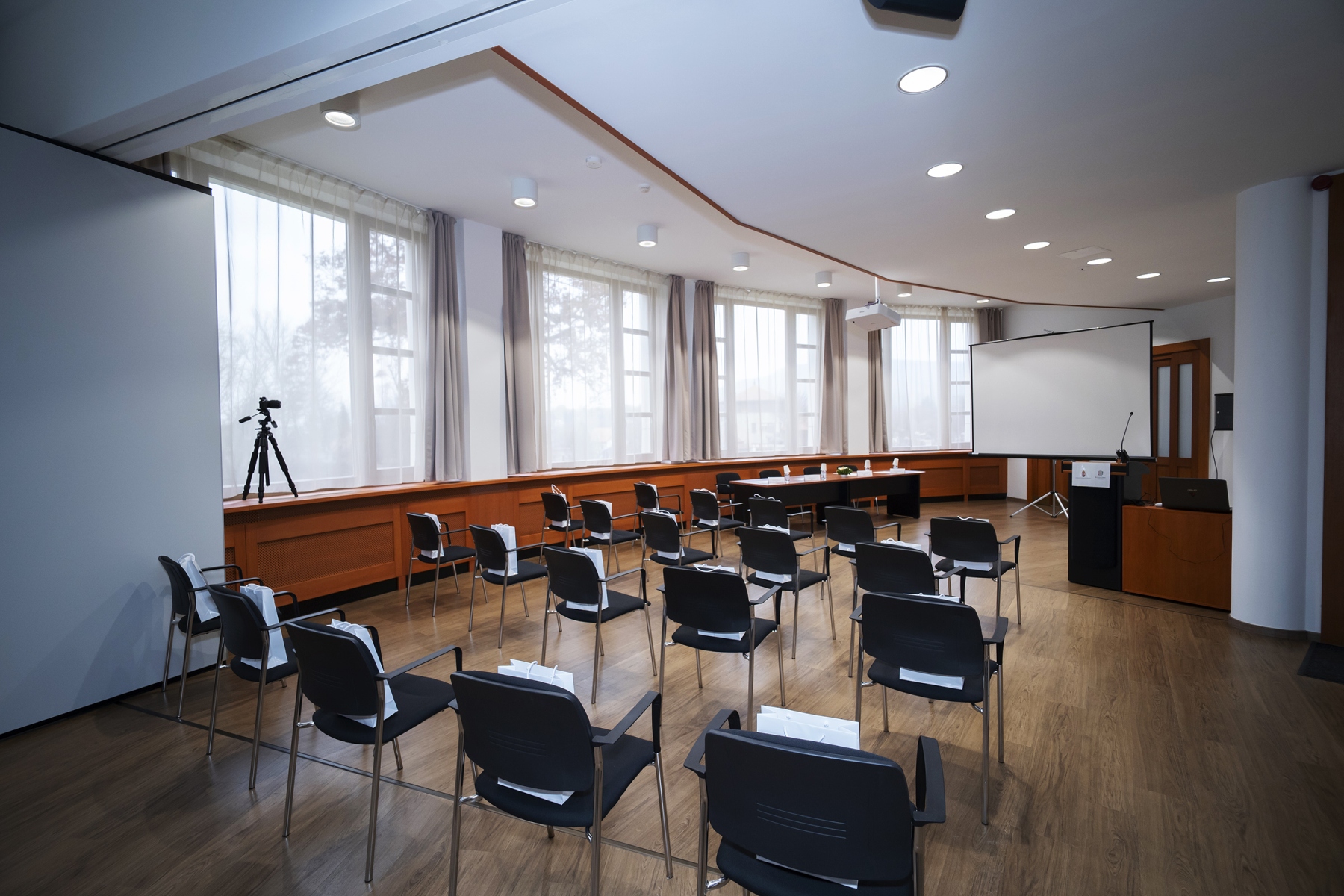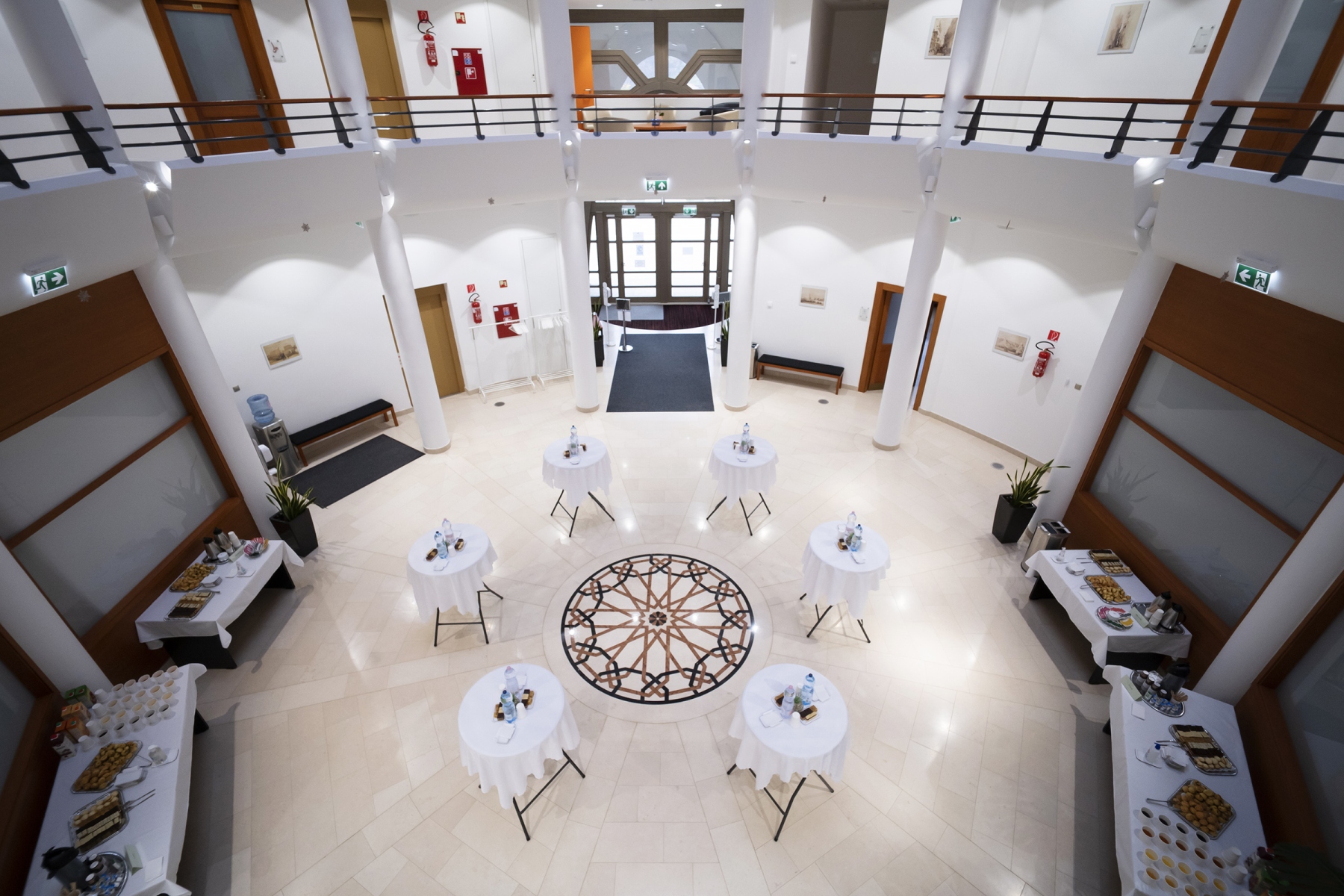Introduction
In the summer of 2001, the Avicenna Public Foundation of Middle Eastern Studies was set up by the Hungarian Government. The public foundation was chaired by János Harmatta, an academic. Its members were Sándor Fodor, a university lecturer; Csanád Bálint, an academic; Kornél Szovák, a senior lecturer at Pázmány Péter Catholic University (PPKE); and Bishop László Bíró.
In February 2002, the Avicenna Institute of Middle Eastern Studies was established as agreed by the board of trustees of the foundation. In line with its objectives, the public foundation entrusted the Institute with the cultivation and enhancement of Islamic research in Hungary by strengthening political and economic relations between Hungary and the Muslim world.
After the death of the first president of the foundation, János Harmatta, Bert Fragner – a member of the Austrian Academy of Sciences, then the director of the ÖAW Institute of Iranian Studies and honorary member of the Hungarian Academy of Sciences – became the second president of the foundation.
Public foundations, including the Avicenna Public Foundation of Middle Eastern Studies, were dissolved on 24 April 2008. Avicenna Research Non-Profit Ltd. was established as a successor to the foundation, and since then it has maintained the title Avicenna Institute of Middle Eastern Studies.
Some of the first young members of the Institute are as follows: Zoltán Szombathy, current head of the Department of Semitic and Arabic Studies at ELTE, Iván Szántó, head of the Department of Iranian Studies in the Faculty of Humanities at ELTE , Balázs Major, head of the Institute of Archeological Scicences of the Faculty of Humanities at PPKE, Dénes Gazsi, lecturer at the University of Iowa (USA), Orsolya Varsányi, lecturer from the Faculty of Humanities at PPKE, Katalin Torma, assistant lecturer from the Faculty of Humanities at ELTE and finally, Abdessamad Belhaj, an internationally renowned researcher who was also a member of the Institute.
The researchers who worked here during the initial period of the Institute’s operation have thus become essential players in Oriental education in Hungary over almost the past decade and a half. The objective of our Institute is to ensure that our current young researchers follow in their footsteps.
Over the past 20 years, staff at the Institute have published more than 40 books as well as numerous articles and supported oriental education at both ELTE and PPKE. The members of the Institute each do their share to promote Orientalism and continue to give lectures at schools, conferences and other events organised by various organisations and institutions.
You may view a photo gallery of our new building by clicking the image on the right.

 fdfdfd
fdfdfd






















